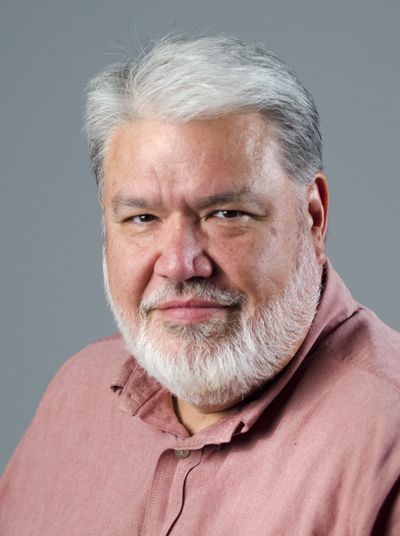Steve Christilaw: Coaches invest time primarily for love of job

There’s an old joke that was first told to me by an old coach: “You know what they say,” he laughed. “Those who can’t do, teach. And those who can’t teach, coach.”
The fact that he was beloved as both a teacher and coach contradicted the joke.
The truth is, if you can’t teach, you can’t coach, and the best coaches use their sports as a way to teach life lessons you just can’t approach in a classroom. Lessons on subjects like leadership and commitment, the value of sweat equity and how to find the way forward by looking within one’s self.
The best coaches always seem to be hungry to learn more and are always willing to compare notes with colleagues.
Next weekend a collection of the state’s coaches will gather at the Yakima Convention Center for two days at the Washington Interscholastic Activities Association’s annual Coaches School.
The full curriculum might surprise you.
As you might expect, considering the WIAA’s emphasis on preventing traumatic brain injury, coaches will be provided the latest information on concussions by Dr. Leah Concannon. A separate session will discuss the effects of concussion on the family, and an entire breakout session will discuss medical clearances and return-to-play policy.
In addition there will be a discussion on exercise-induced asthma and a session talking about athletes, alcohol and other drugs.
There are sessions designed for individual sports hosted by some of the state’s most highly-regarded coaches. Colfax’s legendary volleyball coach, Sue Doering, will lead a session on her sport and Lake Stevens’ Brent Barnes will lead another on wrestling.
Colfax football coach, athletic and band director Mike Morgan will lead one discussion on how to make music and athletics work together and another on the role of parents in athletics. A year ago he talked to fellow coaches about how to build a program that’s successful year in and year out (Hint: You can’t always rely on talent).
Need more?
There will be one full session to address questions about amateur status, recruiting and eligibility rules, and another to discuss NCAA rules for high school athletes. Another will discuss liability issues every coach should know about.
Last year coaches were offered a session to discuss how to deal with life-and-death emergencies. And it was just last year that University coach Megan Poulson did an admirable job helping her team cope not only with the demands of the girls soccer season, but also the death of one of their teammates in an automobile accident midway through the season.
This year the topic is how to prepare a site-specific emergency plan.
As you might expect, there will be sessions dealing with strength training, conditioning and injury prevention. But even more sessions will deal with the mental side of athletics.
Dr. James Forkum, the recruiting coordinator at Concordia University Irvine, will lead a session titled “Understanding and Having Better Communication with Millennials and Homeland Generation Student-Athletes.” A different session will discuss how to deal with what it calls “The Trophy Generation.”
Barnes will teach a session titled “Building Culture and Program Development and the Mental Side of Coaching: Creating the Process Focused Competitor.” Bruce Brown, who leads an organization called Proactive Coaching, will lead a coaches and captains workshop that will look at seven ways to lead a team.
There are sessions to talk about how a coach’s preparation must be a year-round exercise, organization and planning and how to be an effective mentor to younger assistant coaches.
Each subject is an area successful coaches juggle daily. And that’s before they pick up a whistle or fill out a lineup card.
It’s one thing to look at the way top-level college coaches run their programs while pulling down huge paychecks. Winning programs tend to have winning formulas.
But when you see high school coaches, who do the job on a stipend that doesn’t come close to covering the hours they put in, pouring the same care and attention into building their programs, you come to realize that coaching is its own reward.
And it should give parents all the more reason to give the men and women who coach their kids a big thank you.